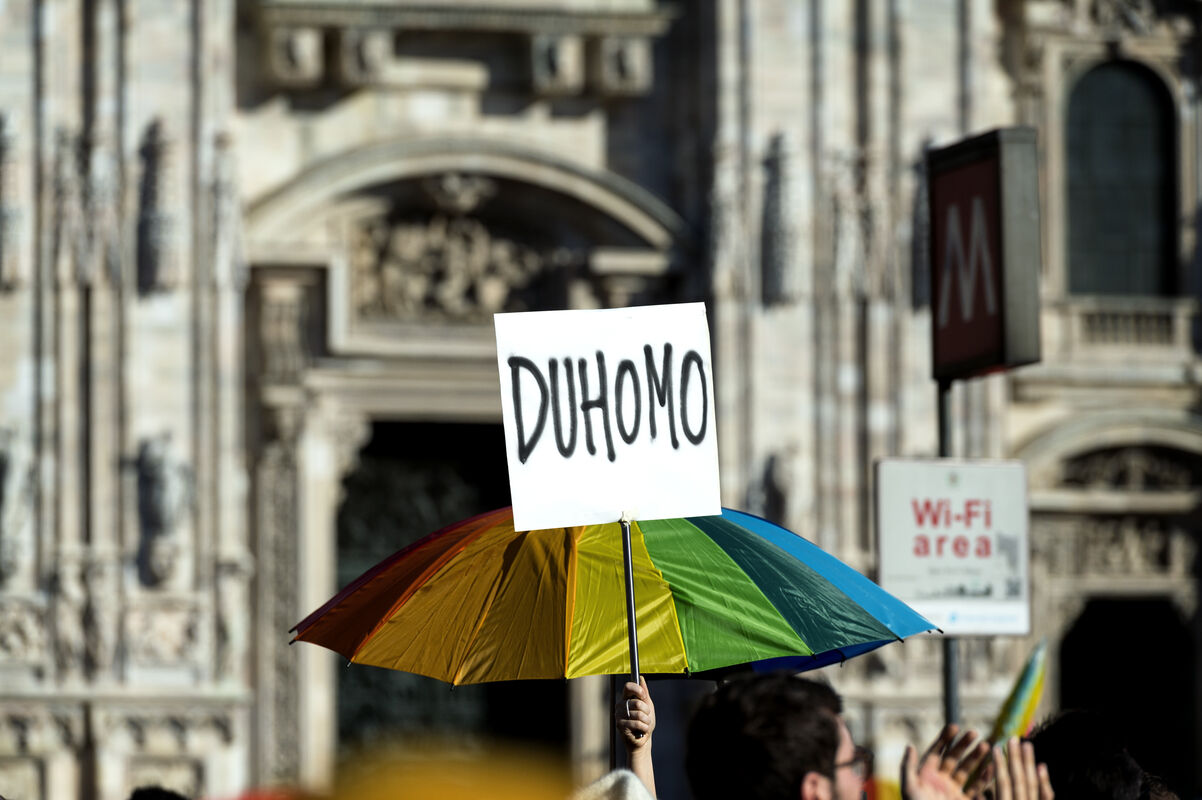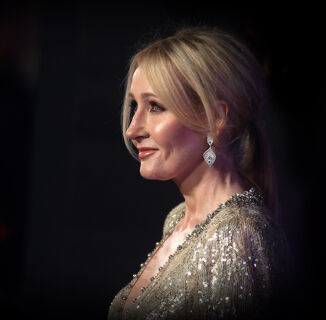A new organization is pushing for transparency from Christian churches by compiling churches theological stances on LGBTQ people.
Church Clarity aims to let LGBTQ Christians and their allies know if churches are affirming of their identities and relationships or not. The stance, known within LGBTQ Christian circles as Side A and Side B, affirming of same-sex relationships and non-affirming of same-sex relationships, is deciphered by each church’s websites. George Mekhail, a straight Christian, Time Schrader and Sarah Ngu, who are gay and queer Christians respectively, make up Church Clarity’s team. Together, they rate churches with a six-stage rating system:
- Undisclosed: The stance is nowhere on the website.
- Unclear/Non-affirming: The stance is hard to find on the website but is non-affirming.
- Unclear/Affirming: The stance is hard to find on the website but is affirming;
- Clear/Non-affirming: The non-affirming stance is prominently displayed on the website.
- Clear/Affirming:The affirming stance is prominently displayed on the website.
- Actively Discerning:The church has stated they are in the process of discerning their stance.
The trio receives aid from an advisory council, Larycia Hawkins and Julie Rodgers both of which are former staffers of Wheaton College who left after scandals with their former employer. Hawkins wore a hijab for a month as a show of solidarity with Muslims following the rise of Islamophobic hate crimes.
In a social media post, Hawkins said Muslims and Christians worship the same God. This led to her firing despite being a tenured professor.
Rodgers, who is a lesbian, long held Side B theology, meaning that she believed in celibacy as the appropriate choice for LGBTQ people. Rodgers theology began to evolve and she publicly supported marriage equality for LGBTQ people. She was let go as a staffer at Wheaton College after supporting marriage equality. (Rodgers theology has since further evolved and is currently engaged).
In an email, Church Clarity told INTO that the idea for this endeavor began with InterVarsity, a popular college-based evangelical organization, whose policy on LGBTQ people was announced in 2016. The policy drew a line in the sand for InterVarsity’s 1300 staffers saying it would dismiss anyone who supported marriage equality. Mekhail, the originator of the idea behind Church Clarity, disagreed with InterVarsity but appreciated the transparency the policy brought. It was then that Church Clarity began to take shape.
Church Clarity says they’re not attempting to change Church policy but just create clarity for LGBTQ Christians searching for answers.
“We’re interested in policy not just because it’s more straightforward and objective, but because that is what impacts LGBTQ people the most,” Sarah Ngu told INTO. “At the end of the day, if you’re queer, it doesn’t matter that much if the pastor invites you into their home, lets you preach, lets you serve or lead worship, but then draws a line at officiating your marriage or hiring you because of your identity, because that means at the end of the day that you are a second-class citizen.”
This tool could prove useful to a large number of LGBTQ people who still identify with Christianity but aren’t able to find welcoming places of worship. A Pew Research report released in 2014 showed that as many as 48% of LGB people identified with Christianity. Still, this does not mean that they have affirming places of worship to actively practice their beliefs.
Ngu explained how non-affirming policies, even by Christians who attempt a more loving stance, affect LGBTQ Christians: “You are structurally segregated from the rest of the congregation; there are policies that apply to you that don’t apply to others, policies that restrict your participation in church life.”
“We are trying to center LGBTQ people’s concerns, and not the self-conceptions of church pastors, which explains in part why many Christian pastors and leaders on the right who see themselves as loving and moderate are protesting [Church Clarity],” Ngu said of some Christian leaders claiming Church Clarity doesn’t allow for “nuance” on LGBTQ people.
“But we’re not interested in how they, who hold the reins of power, see themselves or explain their motivation. We’re interested in the impact of their policies on real lives — the lives of those who have been bullied and marginalized.”
Photography:NurPhoto/NurPhoto via Getty Images
Help make sure LGBTQ+ stories are being told...
We can't rely on mainstream media to tell our stories. That's why we don't lock our articles behind a paywall. Will you support our mission with a contribution today?
Cancel anytime · Proudly LGBTQ+ owned and operated
Read More in Culture
The Latest on INTO
Subscribe to get a twice-weekly dose of queer news, updates, and insights from the INTO team.
in Your Inbox













